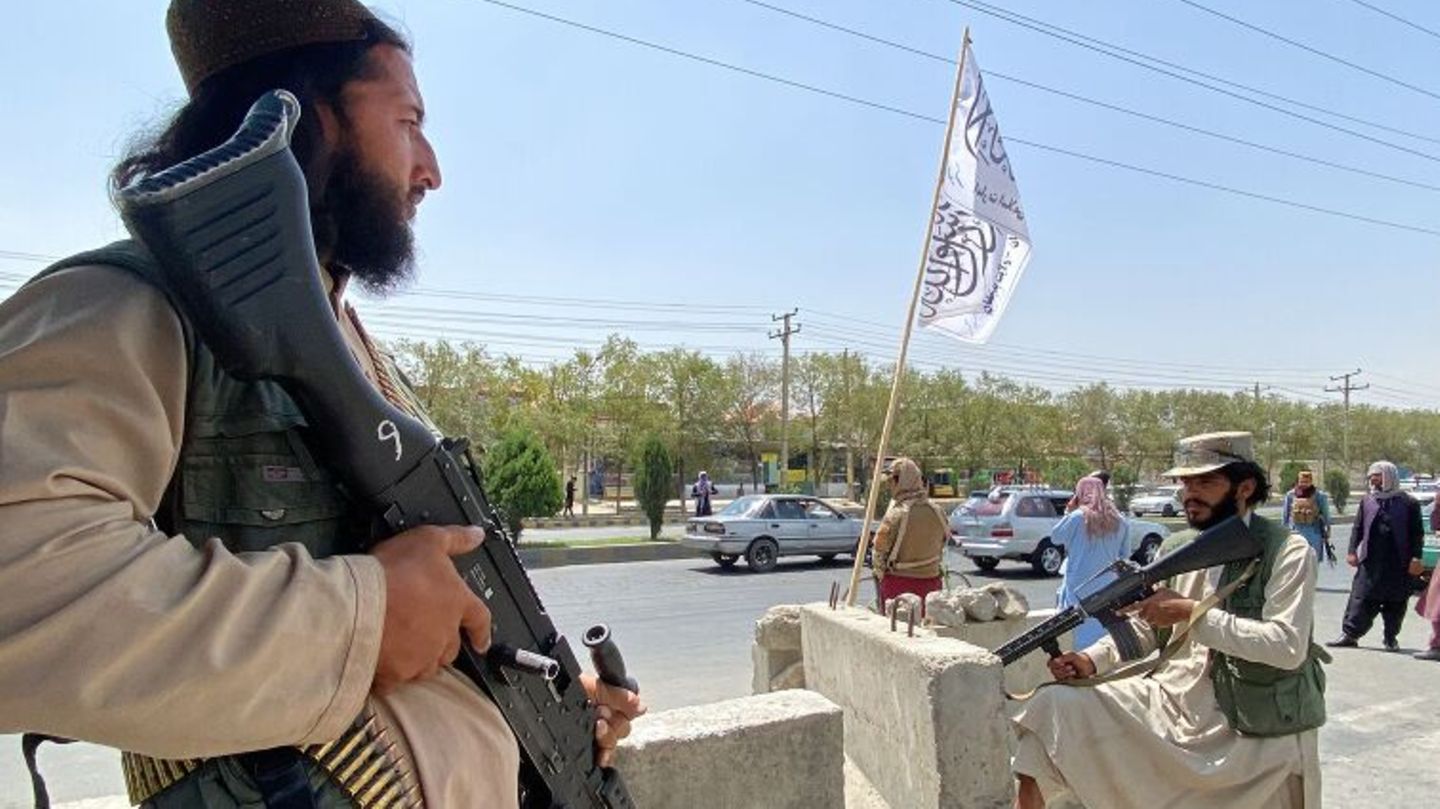After their rapid takeover of Afghanistan, the Taliban are trying to be moderate. And even set up a kind of complaint hotline for the capital Kabul. But Whatsapp didn’t want anything to do with it. And suddenly comes under criticism from two sides.
The Taliban have brought Afghanistan under their control at unprecedented speed, and the world has little choice but to watch in shock. So far, the feared relapse in times before the conflict has not materialized, and the Taliban are moderate. And even tried to gain the trust of the population with a kind of hotline. Now Whatsapp throws them a spanner in the works. And has to put up with criticism for it.
The complaint hotline, which was advertised by a spokesman on Twitter on Sunday, is intended as an opportunity as a civilian to report violent crimes, looting or other problems in the capital Kabul to the new rulers. In the past, the Taliban had offered similar numbers in other captured cities.
Hotline switched off
The number fits into the general current strategy of the Taliban, actually known as arch-conservative extremists. In the last few days they have been acting moderately and have declared that they do not want to harm the Afghans’ “life, property and honor”. After extreme oppression of women and girls had been observed in the past, women have now been invited to participate in government, and for the first time a commander was interviewed by a journalist. The hotline should also be part of the strategy.
However, the Taliban did the math without WhatsApp. After the parent company Facebook was accused of providing a stage for the Taliban, the messenger also took action against them. Although the chats themselves are encrypted, because group names, descriptions and the images chosen for the groups remained unencrypted, the messenger was able to search specifically for those related to the Taliban, explained a spokesman for “CNBC”. And in the course of a clean-up operation by “official Taliban channels” on Tuesday, it also switched off the complaints platform.
“The step is going in the wrong direction”
Now the social media giant has to accept surprising criticism of its approach. Because: Experts from the region see the measure as unhelpful. “If the Taliban suddenly can no longer use WhatsApp, it only makes it more difficult for Afghans to communicate in a panicked situation. This is a step in the wrong direction,” explains Ashley Jackson, who works on site for Oxfam, in an interview with the Financial Times “. “It doesn’t help the Afghans, it’s just symbolic politics.” The Taliban would be the de facto government. And the Afghans currently need all the help they can get. And if it came from the Taliban. “If you do one thing, it is trying to be law and order,” she says with conviction. The hotline would also be in response to reports of looting.

A victim of these looting was grateful for the help offered. “The complaints commission wants to take care of it,” reports the women’s rights activist on Twitter after a group of self-appointed Taliban ransacked her office. “You want to talk to them and see our office soon.” In other regions of the country, too, similar hotlines had ensured that looted loot was returned to the owner, reports various NGOs, according to the “FT”.
Controversial decision
As a reason for the ban, Facebook cited several media outlets that the Taliban in the USA are viewed as a terrorist organization. But this justification is also criticized. “Then why don’t they lock them up now, when they take power? Why not years ago?” Asks Jackson. The fact that the Taliban make use of social networks is actually nothing new, explains the social scientist Peter Singer, who specializes in military technology, to “Vice”. “They have used various platforms for years. Many see the Taliban as primitive, but they use everything from social media to drones. We build it, they use it.”
One reason for Facebook’s late reaction could be that the group could otherwise come into the position of having to hand over official government channels to the ruling Taliban. Obviously, you don’t want to make that decision. The company told CNBC that it was not in a position to determine the legitimacy of governments. Rather, rely “on the authorities of the international community” for this.
The Taliban feel they have been treated unfairly by the ban. You should ask Facebook, “They claim to be the advocates for freedom of expression,” Taliban spokesman Zabihullah Mujahid tried to shed a press conference on women’s rights. He received approval for this from an unexpected direction. “Lol. But he’s right,” wrote the son of former President Donald Trump Junior on Twitter to a clip of the announcement.
David William is a talented author who has made a name for himself in the world of writing. He is a professional author who writes on a wide range of topics, from general interest to opinion news. David is currently working as a writer at 24 hours worlds where he brings his unique perspective and in-depth research to his articles, making them both informative and engaging.




